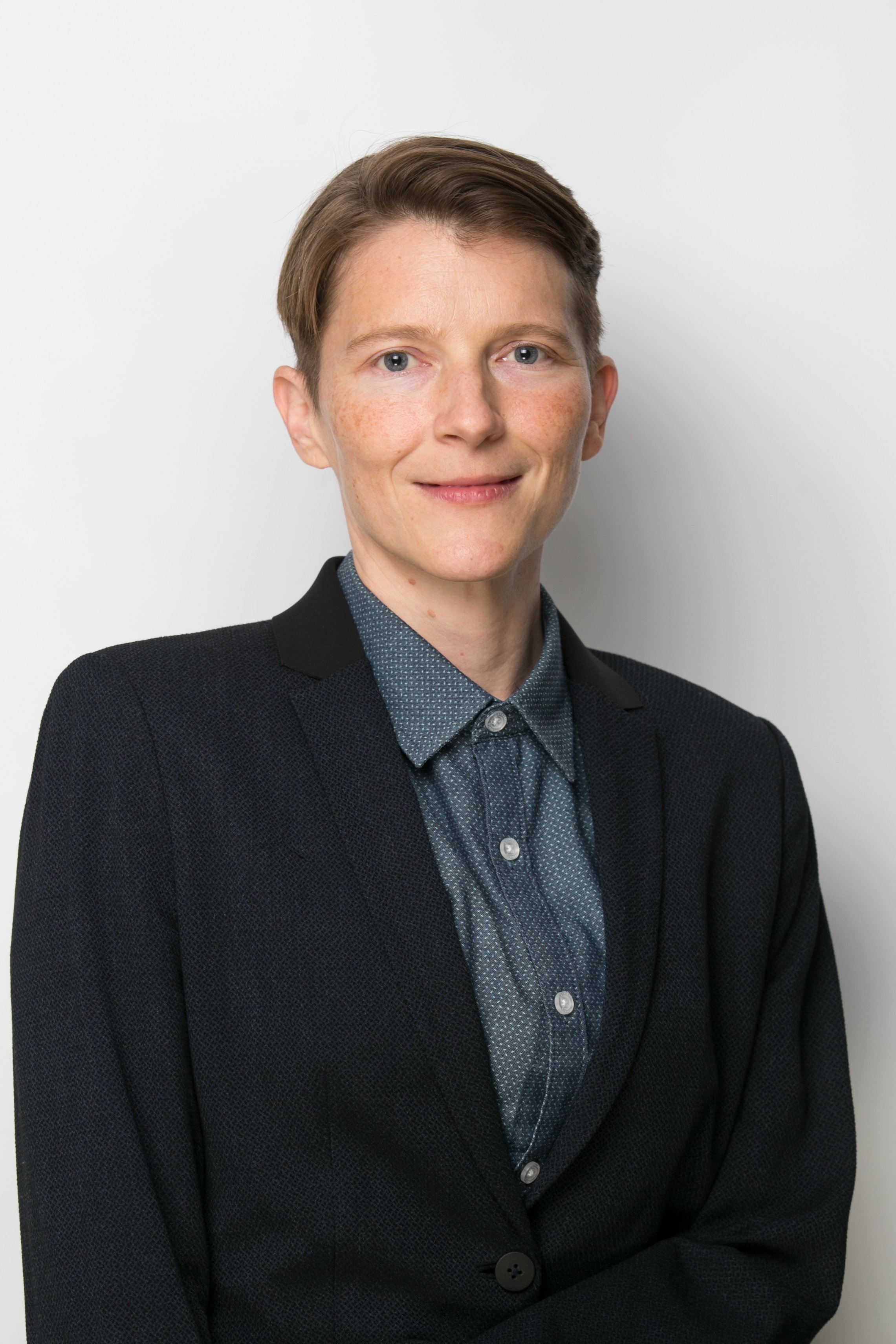To better understand how new information technologies might shape the way we think, let's think about how the oldest ones have made themselves part of us.
Join acclaimed author Ted Chiang and SRI Faculty Fellow Avery Slater (Department of English, University of Toronto) for a talk on impacts of technologies on the human experience.
This event will take place in person only. No recording or online broadcast will be available.
Venue
Isabel Bader Theatre
93 Charles St W, Toronto, ON M5S 2C7
Registration
Registration for this in-person-only event is free and open to the public.
For questions or accessibility accommodations, please contact sri.events@utoronto.ca.
About Ted Chiang
Ted Chiang is an internationally acclaimed science fiction writer. He published his first story, "The Tower of Babylon," in Omni magazine in 1989. Since then, he has published 17 short stories and novellas over the course of over 30 years. His work has garnered enthusiastic and overwhelmingly positive critical reception and has won all the major awards in science fiction, including four Nebula awards, four Hugo awards, the John W. Campbell Award for Best New Writer, and four Locus awards. Chiang is perhaps best known for the story "Story of Your Life," which was first published in 1998. In 2016, "Story of Your Life" was adapted into the film Arrival, which won an Academy Award.
About Avery Slater
Avery Slater is an assistant professor at the University of Toronto's Department of English and a faculty fellow at the Schwartz Reisman Institute for Technology and Society. Slater's teaching focuses on 20th- and 21st-century literature in a global context. Her research investigates the re-conceptualization of human and nonhuman forms of language following the rise of information and computational technologies, with specific attention to the history of artificial intelligence and machine learning. Her book project Apparatus Poetics explores how mid-20th-century poets revise and reinvent modernist theories of poetic process in response to emerging technologies of language (computation, artificial intelligence, machine translation, information theory). Slater also serves on the Executive Committee of the MLA’s TC Forum for the Digital Humanities and is a member of the editorial board for the Brill series “Studies in the Lyric.”
About the Schwartz Reisman Institute
Located at the University of Toronto, the Schwartz Reisman Institute for Technology and Society’s mission is to deepen our knowledge of technologies, societies, and what it means to be human by integrating research across traditional boundaries and building human-centred solutions that really make a difference. The integrative research we conduct rethinks technology’s role in society, the contemporary needs of human communities, and the systems that govern them. We’re investigating how best to align technology with human values and deploy it accordingly. The human-centred solutions we build are actionable and practical, highlighting the potential of emerging technologies to serve the public good while protecting citizens and societies from their misuse. We want to make sure powerful technologies truly make the world a better place—for everyone.
Ted Chiang
(Photo: Alan Berner)
Avery Slater



